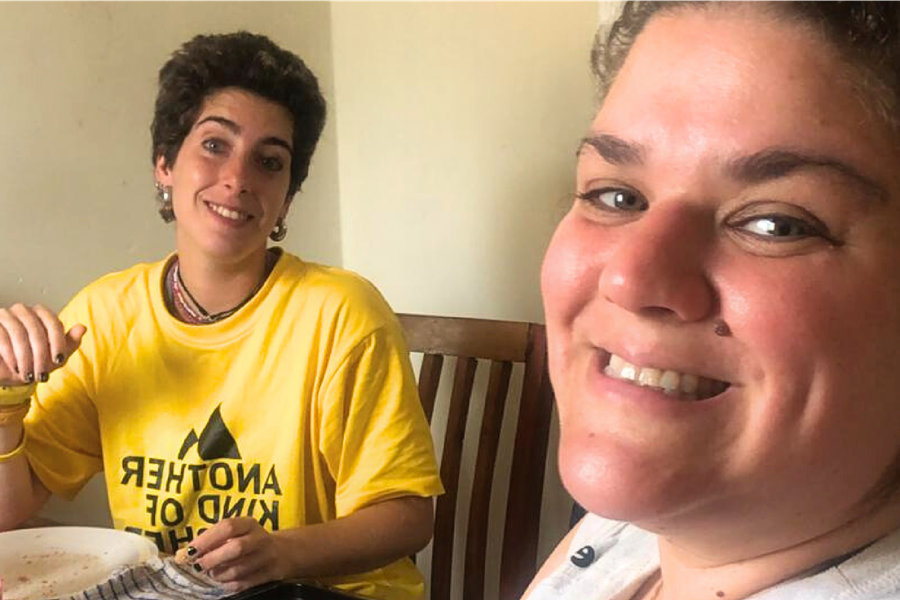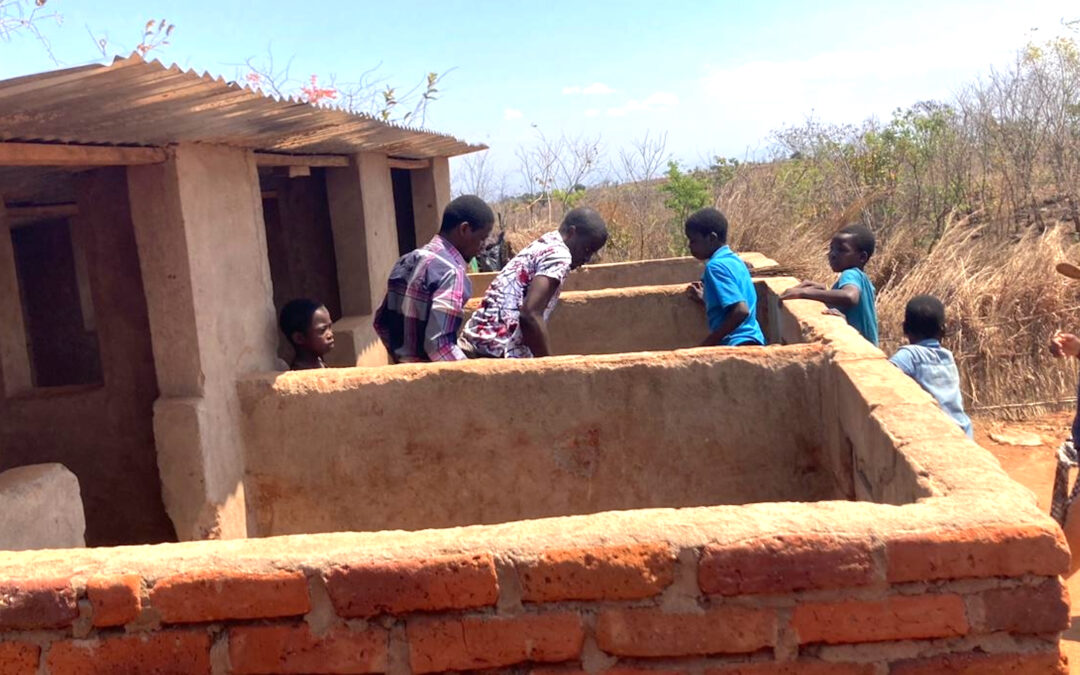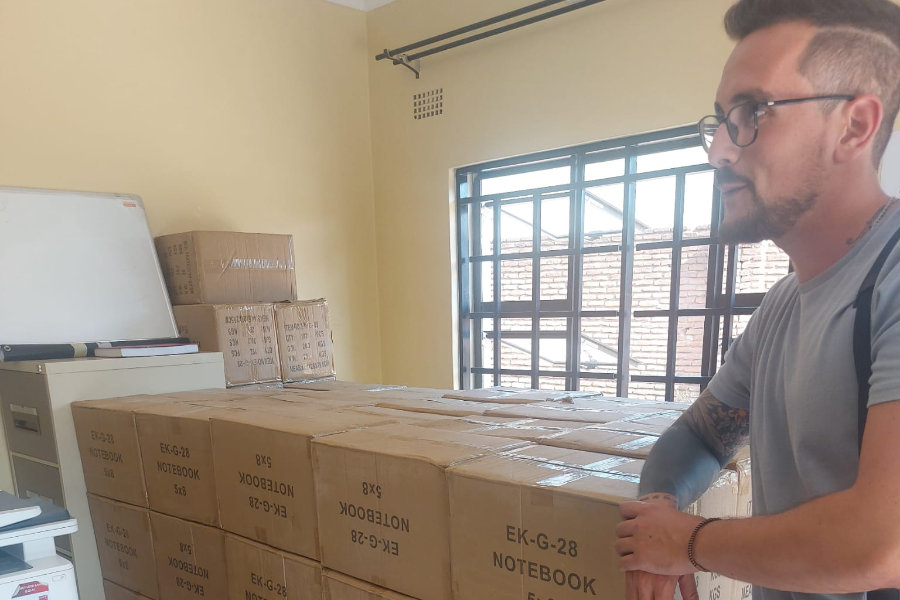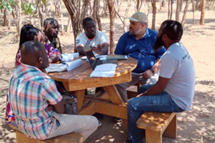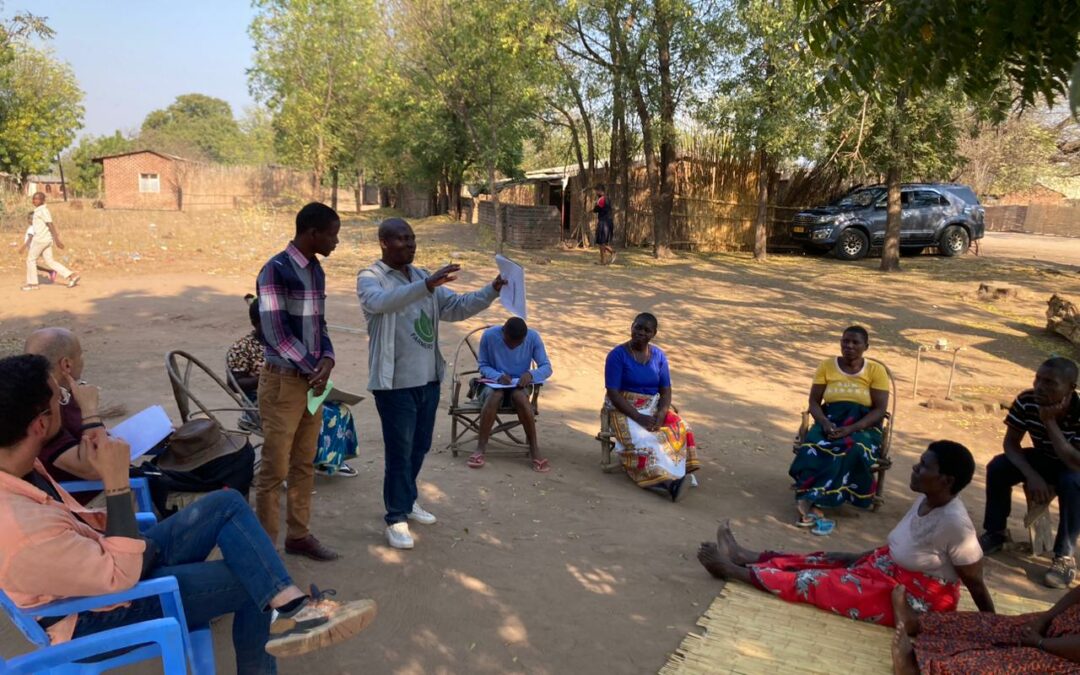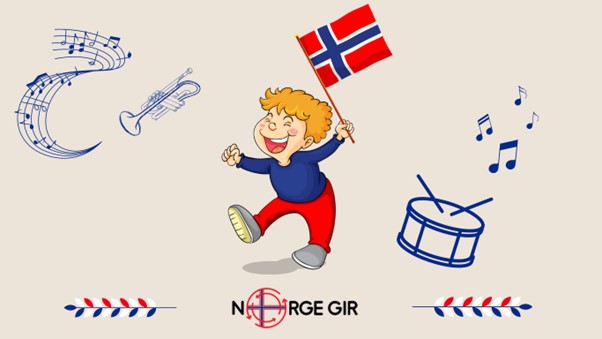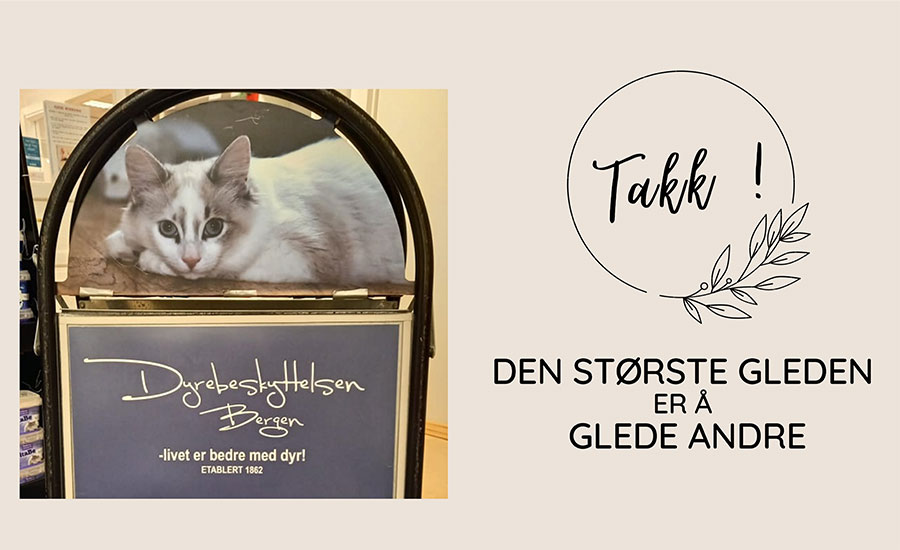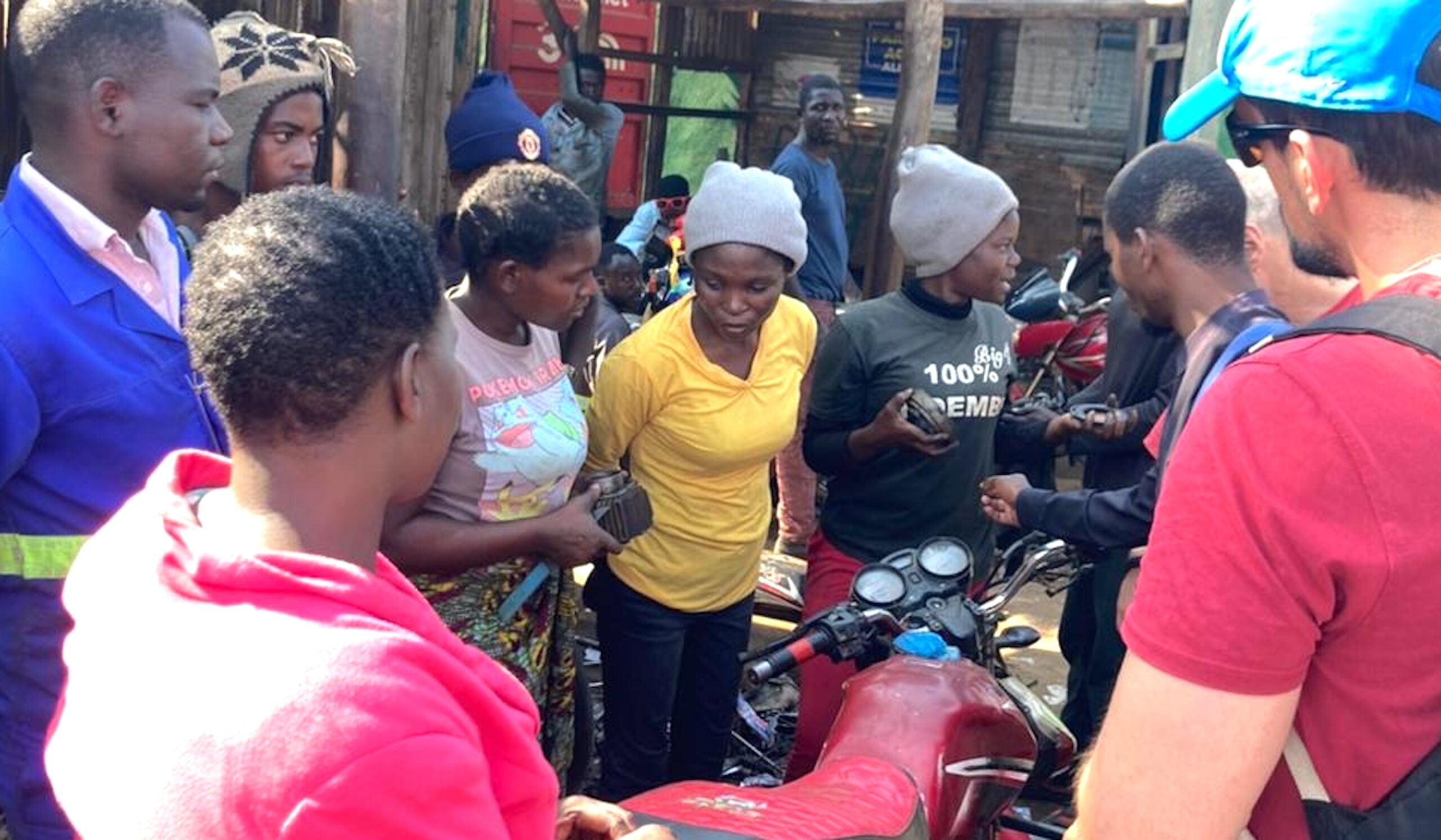
Å forstå viktigheten av utdanning
Et stort problem i Malawi er at 70 % av barna i landlige områder ikke fullfører barneskolen.
Les om Akos personlige initiativ for å inspirere barna og deres foreldre til å vise større interesse for utdanning.
Han kaller sitt lille prosjekt for Alice i Eventyrland.
At this month we had a midway meeting, all the DI-s got together for a few days. Right after that we had 5 days off, that was the Midway Break.
But I personally continued my two focus programmes: the DREAMS project and the Alice in Wonderland project. This second is my personal initiative, based on the recognition one of the fundamental sources of the high dropout rate from primary school: the lack of the interest.
The lack of the interest of the parents who do not want to pay the fees like uniform, notebooks etc. For them we made an interview with Senior Chief Kuntaja who encouraged the parents to pay the fees of the school.
But we have to show the meaning of the education for the children as well. They, who live in rural places think that the education is about writing, reading and basic counting. This is why many of them (70%) do not finish the primary school.
At the project Alice in Wonderland, we take 5 children from the school and show them different vocations. We show a model farm, in a vocational school we show them tailoring, timbering, welding, beauty salon jobs, shoe making, in a restaurant we show them the job of the waiter, chef, cleaning work, and the job of a nurse in a hospital. We even visited a mall, with several interesting shops. They watch TV for the first time. At the end of the day the children got a general view how a complex society work – hopefully they got some motivation for continue learning in school.
We asked them to be ambassadors and tell their classmates about the experiences they got.
The DREAMS project is going on as well, so we controlled secondary schools, where the DAPP pays school fee for children in poverty. We checked if the children are really visiting the school regularly (they do) showing both for the school and for the children that we take care of them.


